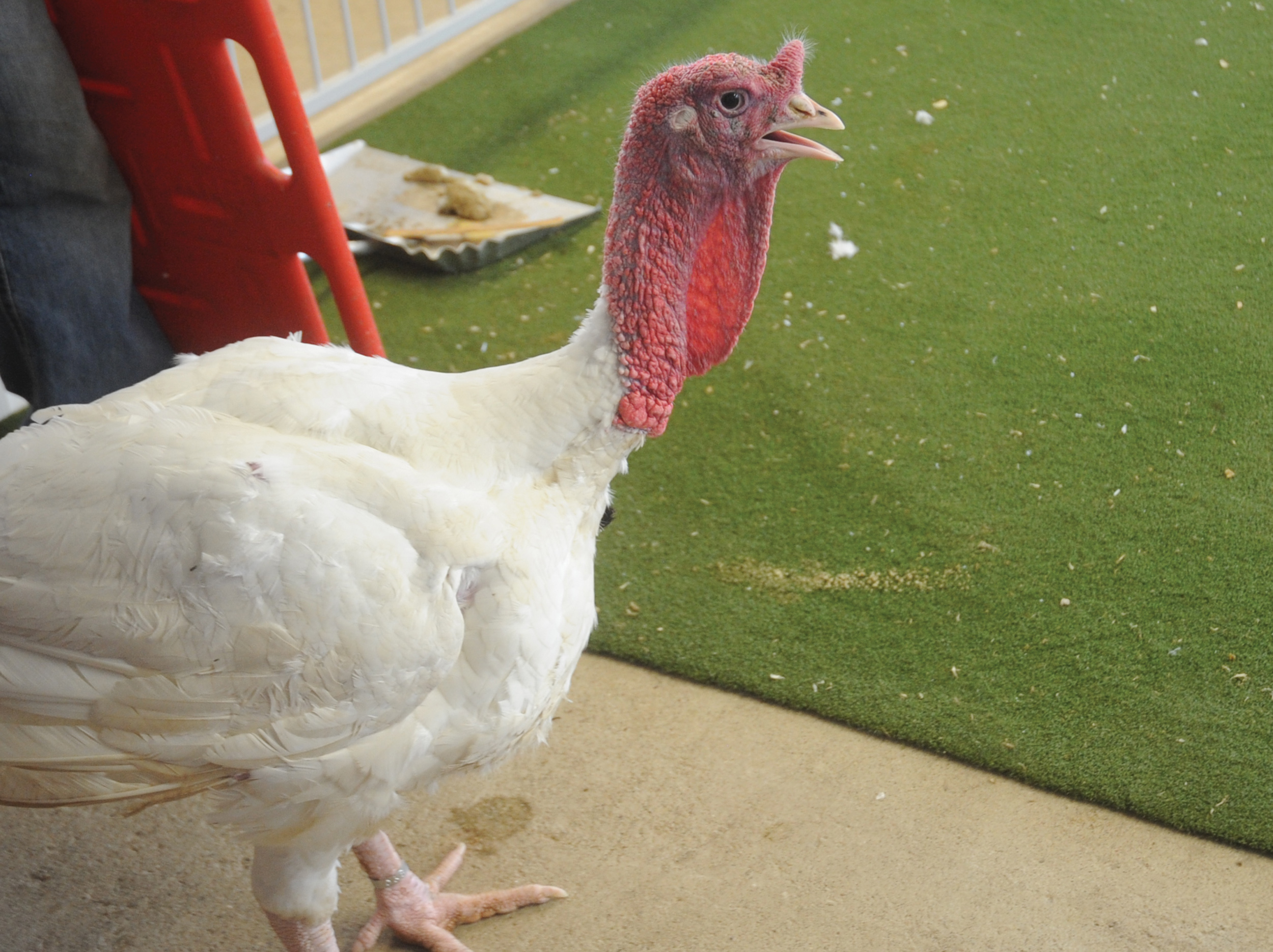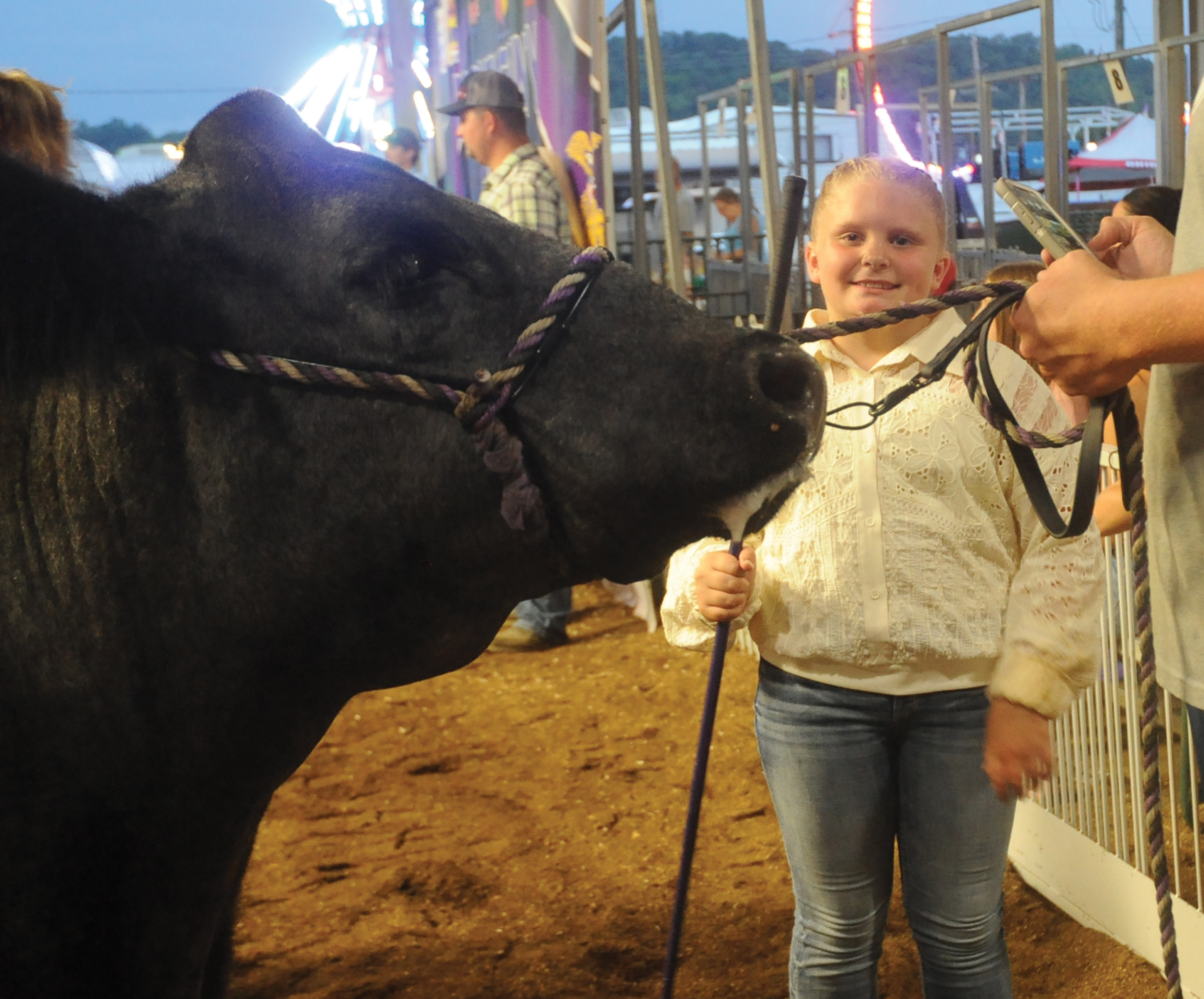Policing needs reforms in black communities
Published 10:54 am Friday, September 23, 2016
Anytime a citizen comes into contact with police and the encounter ends up with the citizen dead, is that not a serious moment to every citizen who loves freedom? The use of fatal force is, we all want to believe, the absolute last choice of law enforcement…always.
Anytime that citizen is unarmed, is that not a reason for all of us to question how and why it would be necessary to exert lethal force?
Anytime other citizens or law enforcement records these encounters, is that not of benefit to all?
Trending
Yet across America today, we seem a society divided over whether black men in specific deserve these responses from all of us each and every time an unarmed black man ends up dead as a result of an encounter with police.
On one side are those who seem to automatically absolve the police of any wrongdoing, misjudgment or mistake. The arguments vary, but at their core is an almost reactionary response, “The police are just doing their job and the media and African Americans are falsely impugning our good cops.”
On the other side of the argument is an axiomatic truth in many black communities, that being black can get you killed with little or no other reason.
These different perspectives are fueled by deep convictions that stand at variance with each other. In a recent Gallup poll, only 29 percent of black citizens polled expressed confidence in police. Instead of seeing cops as “preserving and protecting” them and their communities, respondents saw the police as a danger and a threat.
White respondents were far more likely to support police, with 58 percent expressing confidence.
Do we like in different worlds?
Trending
In some ways, in some places, with some policing, yes.
In a recent PBS project a reporter travelled with a police team on a car patrol of a predominately black neighborhood. The two officers stopped all young black men they encountered and freely frisked them and challenged why they were on the street. If the police faced any resistance, like a black man challenging an illegal search without cause, the individual found themselves down and cuffed before they could finish their sentence.
When the reporter asked why the cops used these methods, both cops insisted they were just keeping the streets safe and following the constitution regrading civil rights.
Is this the type of policing taking place in white communities?
Consider the phrase “Black Lives Matter”, a phrase that the African American community largely embraces and that the white community often resents. The phrase may mean different things to different people, but at its core is the argument that all too often when black men die in encounters with police little or nothing happens to those who took the life. Citizen review boards remain rare, and indictments by prosecutors and grand juries are less likely than a heat wave in the Antarctic. And public response, before video captures, had been nearly silent.
Today, the reports police make may well stand subject to a video recording by citizens or body or car cams used in policing. And that has brought this issue into the light. It is time for policing to change in our communities of color, for respect of citizens to be meted out equally in every American city and town, and for cops to stand down from the Thin Blue Line and stand up for justice for every citizen.
African American communities across America are crying out for change in policing. Can they all be wrong? Are all their concerns false? Or are all of us simply not standing with those who demand and deserve equal treatment before the law. Ultimately, denying justice to any, will deny justice to all.
Jim Crawford is a retired educator and political enthusiast living here in the Tri-State.





